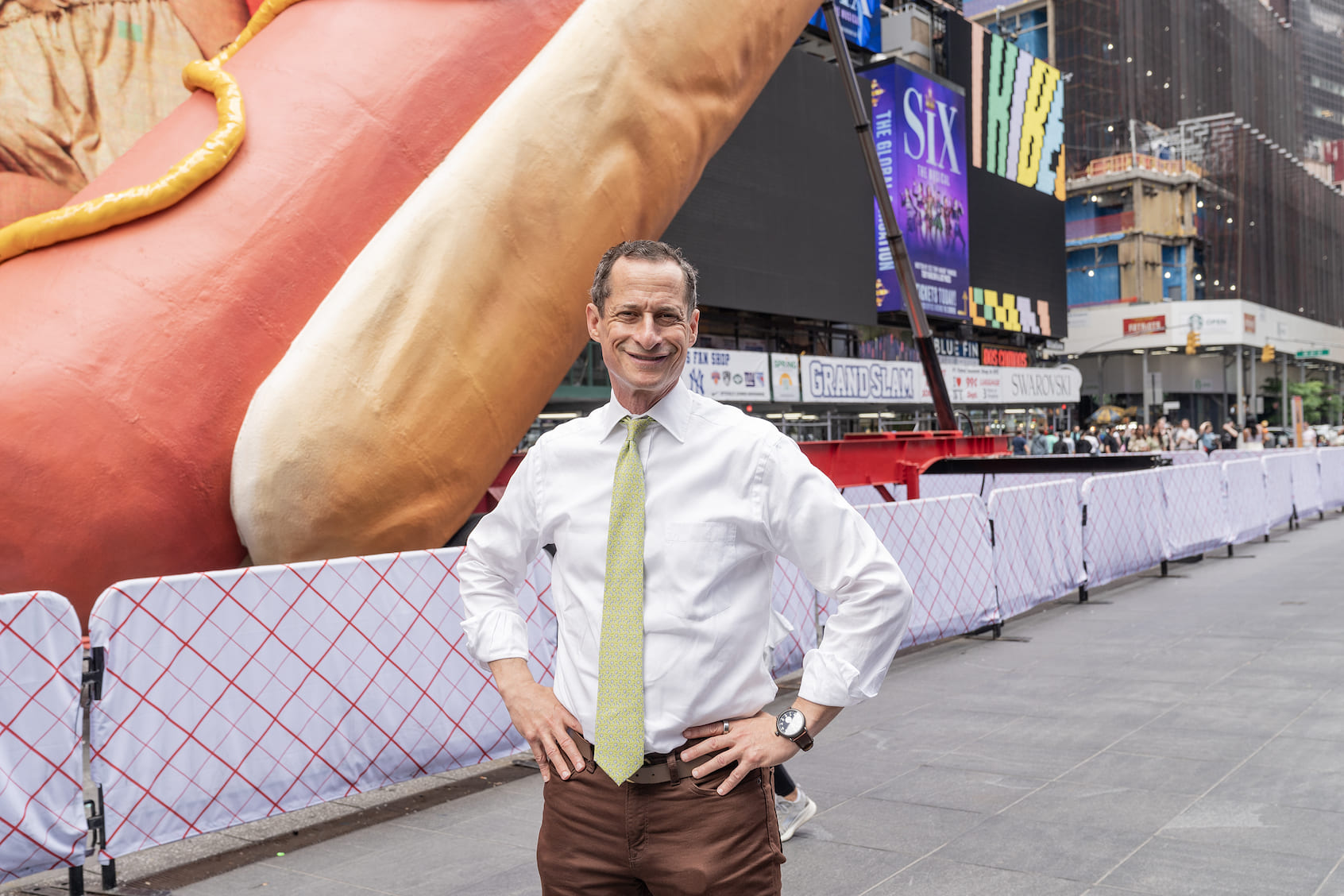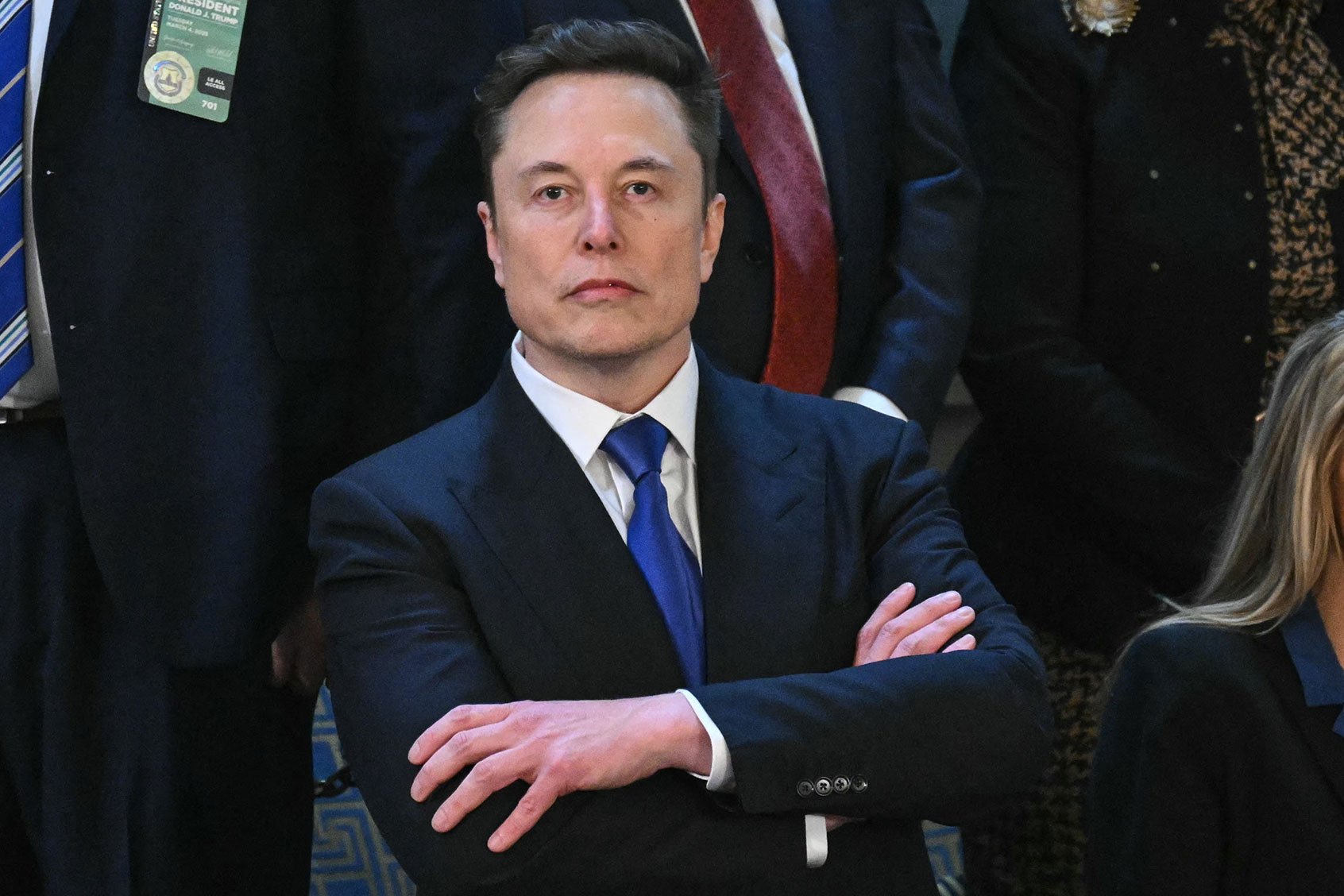Now Reading: Members-only clubs are charging wild prices — and they’re booming
-
01
Members-only clubs are charging wild prices — and they’re booming
Members-only clubs are charging wild prices — and they’re booming

Zero Bond is not a place you accidentally find; it’s a place you already know about. Located in downtown Manhattan, this exclusive club has no signage on its building and is only accessible if your name is on the guest list. On a chilly December evening in 2023, Taylor Swift, Blake Lively, Zoë Kravitz, and Jack Antonoff discreetly entered the club, disappearing into candlelit booths without drawing attention to themselves.
New social clubs like Zero Bond are flourishing in New York City and beyond, despite soaring membership fees and lengthy waitlists. Zero Bond charges an annual fee of $4,400, with a $5,000 initiation fee for individuals aged 45 and older (lower fees apply to younger members). In comparison, Aman New York demands a staggering $200,000 initiation fee plus a $15,000 annual fee for access to its upscale amenities. Some clubs, like The Core Club, remain exclusive even with a $100,000 fee.
The trend of expensive private clubs has surged since the pandemic, with new clubs emerging in various cities to cater to the wealthy elite. The global social club market is projected to reach $25.8 billion by 2027, indicating significant growth in this sector.
These elite clubs are not just about luxury; they serve as a business model, status symbol, and a significant part of the luxury market. They offer a sanctuary from the public eye and a carefully curated network to restrict access. Even during economic downturns, these clubs continue to attract affluent individuals seeking privacy and exclusivity.
Membership in these clubs goes beyond financial investment; it is about networking and forming valuable connections. For individuals like Chris, belonging to private clubs like Zero Bond is an investment that yields returns through business partnerships and opportunities. The allure of exclusivity is a significant draw for these clubs, with many prioritizing maintaining their elite status over maximizing profits.
While some clubs have expanded their membership criteria to include a broader range of applicants, others remain steadfast in their exclusivity. Soho House, for instance, has seen a substantial increase in membership by adapting its membership policies. However, ultra-exclusive clubs like Zero Bond continue to prioritize professional success and social standing when considering new members.
In conclusion, the private club scene is evolving, with clubs balancing exclusivity with profitability while offering members a unique and exclusive social experience.






